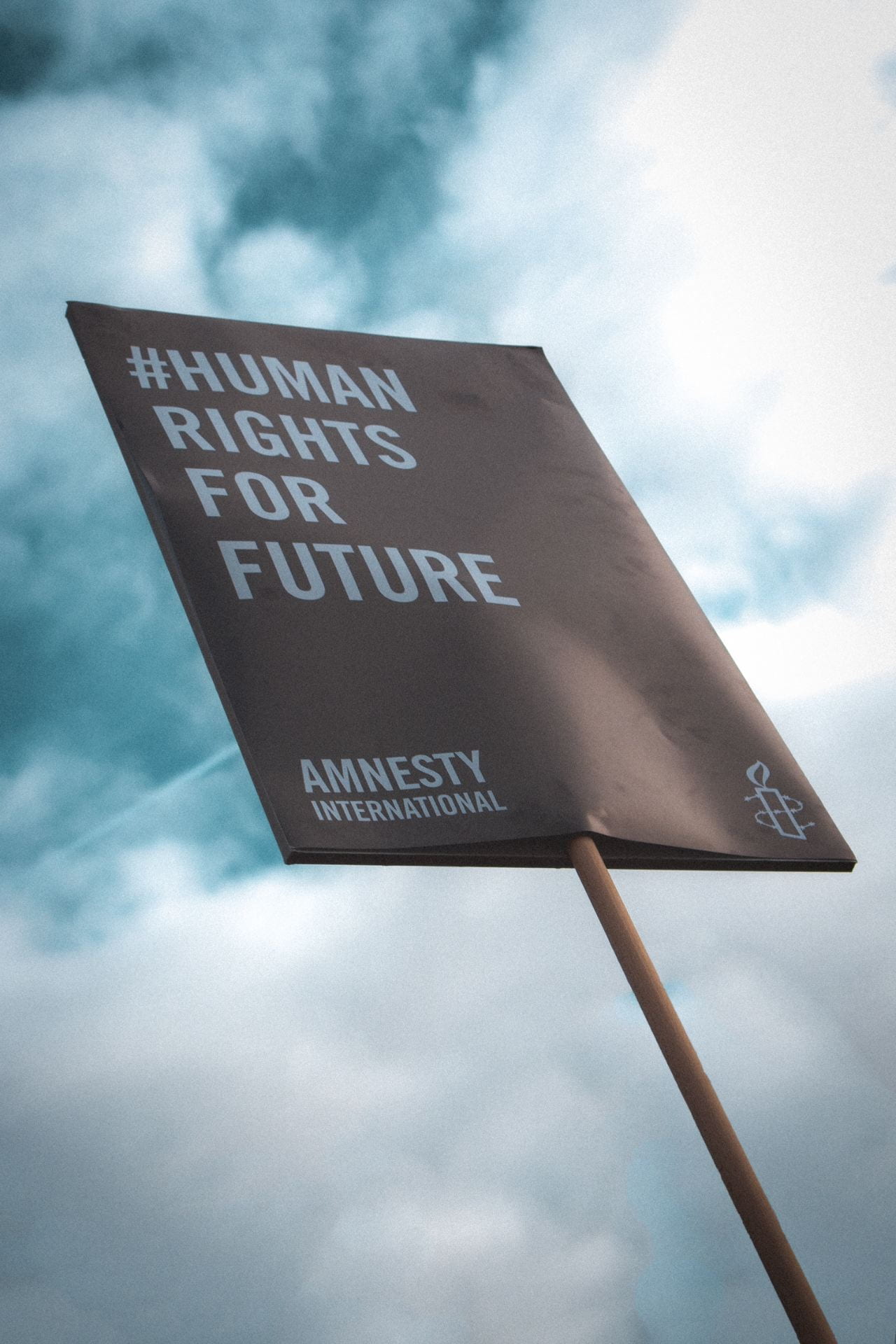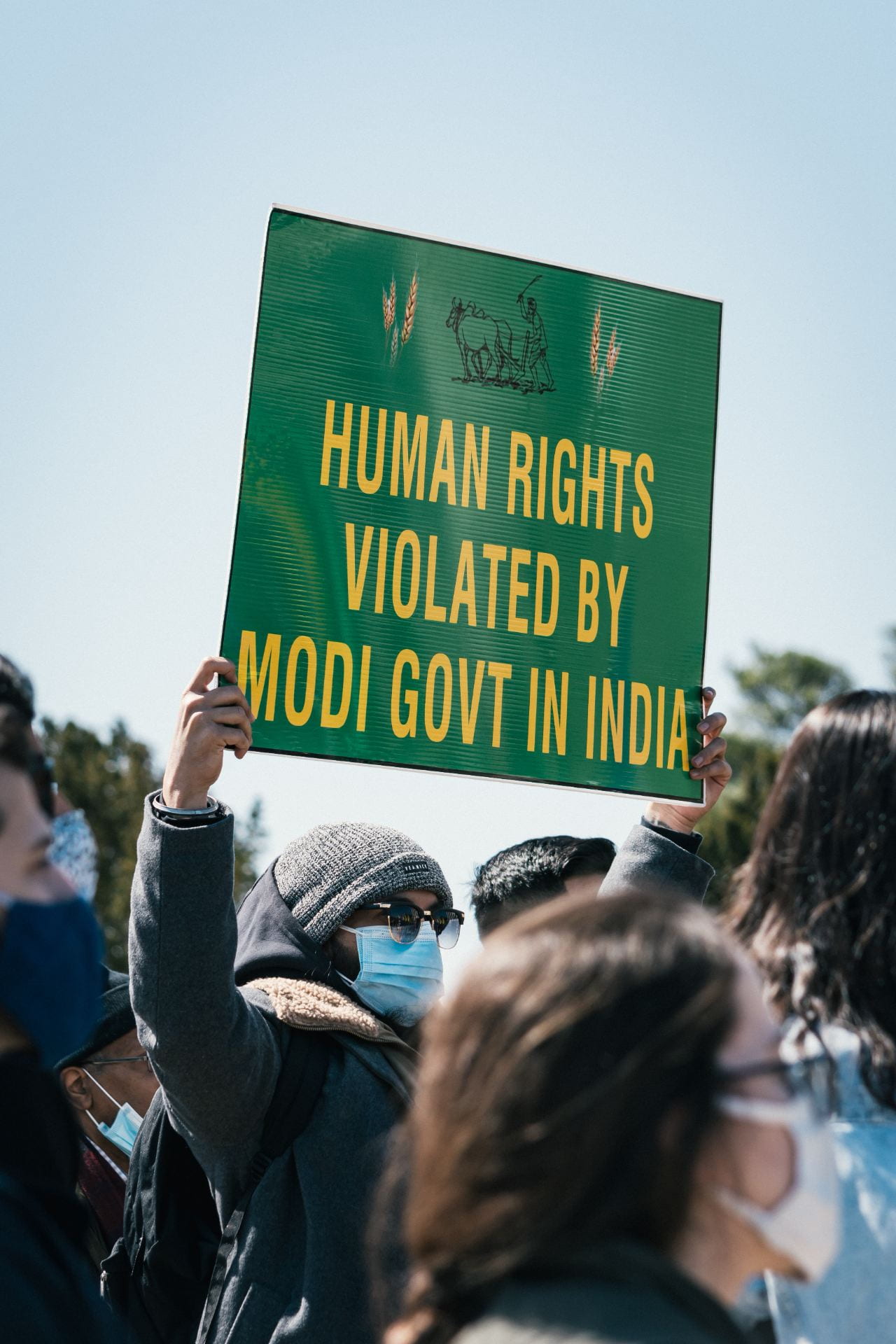In a move that enraged the international community, the Indian government arrested a Kashmiri human rights activist, Khurram Parvez, under the Unlawful Activities Prevention Act (UAPA) in late November 2021. Parvez, a native of the disputed Jammu Kashmir region that borders India and Pakistan, worked extensively on covering suspicious disappearances and investigating the stories behind unmarked graves in Kashmir. His family reports that authorities ransacked his belongings and confiscated all electronics while threatening their lives, an example of India’s growing role in squeezing the soul out of human rights advocacy using the UAPA.

The Unlawful Activities Prevention Act (UAPA) is an anti-terrorism law that was originally enacted in 1967 to expand Indian authorities’ powers to address individuals that were or were suspected to be a threat to national or economic security. Despite its supposed justified intent, the controversial law has given the federal Indian government unprecedented power over the criminal justice system. In 2019, a new tenet permitting the categorization of individuals rather than organizations as terrorists was added to the law. People could be jailed without clear evidence or bail for months and even decades. A trial is not guaranteed, and if one trial is granted, but the case fails, there is no provision that allows the incarcerated person to be released. According to the Ministry of Home Affairs (MHA), since 2015, arrests made under this provision have increased by 72% in 2019.
The most widely covered injustice of the UAPA occurred in Bhima Koregaon, a town a few hours south of Mumbai, India. Annually, on January 1st, Dalits in Bhima Koregaon celebrate the victory of their ancestors over an upper-caste ruler as part of the British Army. In 2018, they clashed with Hindu residents during the celebration which resulted in 16 activists jailed under the UAPA for inciting violence at the deadly event. 3 years later, no official charges have been brought up against the 16. All the 16 activists were advocates for historically marginalized groups such as Dalits to protect their rights and elevate their status in society. One of the accused was released in early December 2021 on bail, and another was only released under a temporary medical release after concerns arose about his deteriorating health in July.
Rv. Stan Swamy, an 84-year-old Jesuit priest and activist from the state of Tamil Nādu was another one of the 16 jailed in connection with the riots that occurred in Bhima-Koregaon, despite never having visited the town. He suffered from Parkinson’s Disease, was infected with Covid-19, and experienced multiple falls and injuries while detained. His requests for accommodations considering the spasms and locked muscles caused by Parkinson’s were also denied by the NIA. No requests for bail were granted even when his health began declining in the spring. Swamy died in jail on July 5th, 2021, because of what the Jamshedpur Jesuit Province calls inadequate health facilities and a lack of regard for human life in dire prison conditions.
Similar caste violence prefaced the 2020 Delhi Riots in which Hindus and Muslims fought over a new unconstitutional citizenship law. Three student activists were implicated in the violence and were arrested under the UAPA, despite fervently denying the allegations. The three were released after one year on bail, although a fourth student activist is still behind bars for other charges under the UAPA.
The same pattern repeats in every arrest made under this law: circumstantial detainment then extended detention with no promise for bail or trial. In fact, less than 3% of those brought in by the National Intelligence Agency (NIA) are convicted while many others have died waiting for trial. The right to due process with a fair and speedy trial is a key part of democracy, neither of which is given to those arrested under the UAPA, further suffocating human rights advocacy and discouraging potential activists. Human rights organizations including Frontline Defenders, International Federation for Human Rights, Amnesty International, and the Human Rights Watch fear for the health of free speech in India.

Lawmakers in the congressional houses of India’s federal administration control all of the UAPA provisions, but the judiciary of India, including the Supreme Court, has expressed its frustration and opposition to the anti-terrorism law. Not only is it unconstitutional, but the UAPA also infringes on broadly accepted ethical boundaries and totalitarian behavior. Academic experts, lawyers, journalists, teachers, and activists of all ages step into their shoes every day preparing to face the UAPA when they give voice to marginalized communities.
This should not be brushed under the rug as a rare occurrence, because the UAPA is another dangerous tactic utilized by the ruling party in India to limit dissent. Akin to determined vultures, over the last couple of years, the government has circled closer to limiting basic freedoms including privacy, speech, assembly, and press. The law was initially aimed to combat terrorism but is now used as a legal tool to silence opposition, tightening the fist around minority populations. As the walls continue to close in, there is a very real possibility for the UAPA to become a harbinger of stifling, authoritative power in India, drastically shifting the definition of terrorism to encompass nonviolent political activity, otherwise known as activism.

The UAPA is only a small part of a growing tsunami of problems seen around the globe. According to the Economist Intelligence Unit (EIU), India has fallen to 53rd place in the Democracy Index – evident of a growing trend of backsliding democracy. The EIU has attributed India’s shortcomings to the increasing focus of religious sentiment in what is supposed to be a secular state, reinforcing harmful traditional stereotypes about wealth, race, and caste, while preventing social mobility for the less fortunate. Last year, India unveiled a new citizenship plan that hinders persecuted Muslims from becoming naturalized Indian citizens, a proposal that inflamed religious tensions already encouraged by India’s national Prime Minister.
Human rights advocates and activists are the light in the dark for millions of people around the world, not only in India. Similarly, more than a few countries are seeking ways to funnel away basic rights that they see as disruptive to their goals of obtaining more control over their people and thus an iota of more power in the global discourse. If India succeeds with this violation of human rights and human rights defenders, it will set an irreversible precedent that countries similar to India in their ideological associations will follow. The international community must call for action and consequences for India’s actions. More support and funding from the international community should flow into the judicial system to question the legislation passed by Congress as well as organizations defending human rights activists to ensure the marginalized in India stand a fighting chance.
